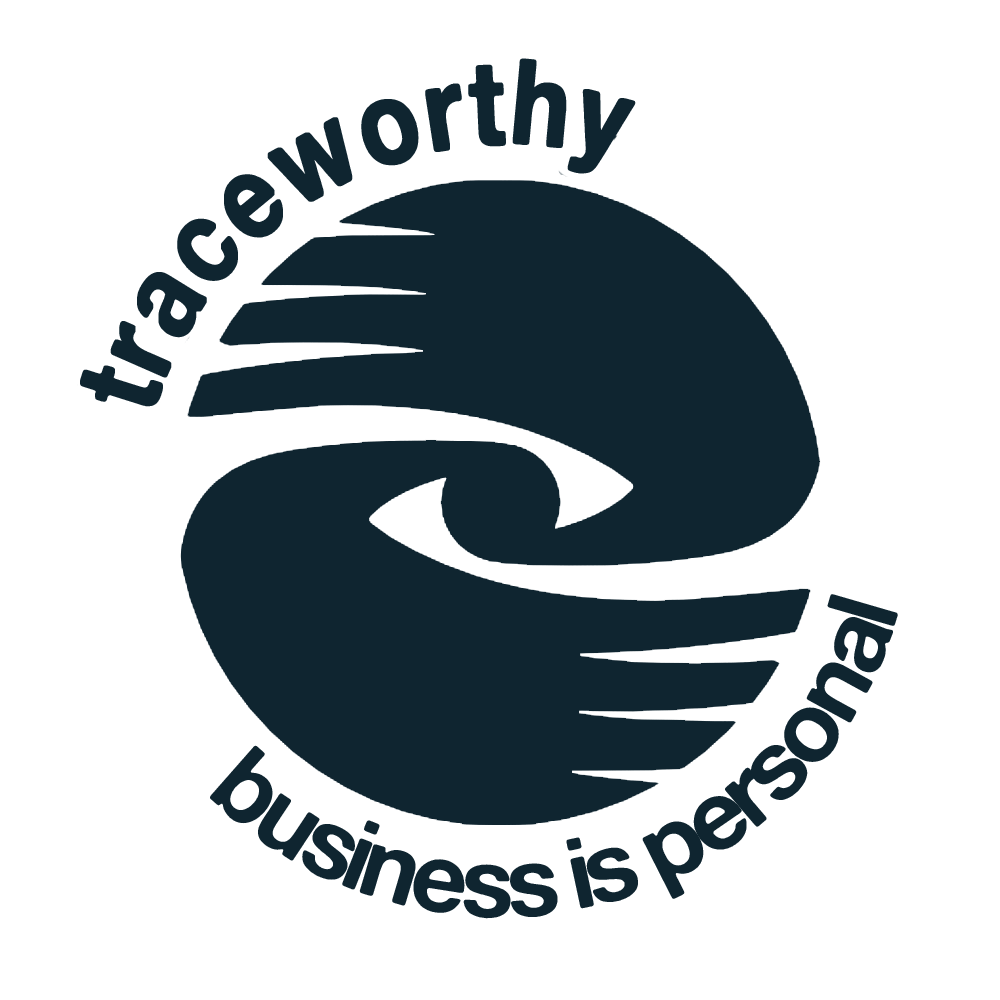Every founder has experienced the moment when a business decision feels emotionally charged yet logically justified. The language sounds strategic. The timeline feels urgent. The path forward appears inevitable. What is rarely acknowledged in these moments is how emotional decision-making often dresses itself in the language of logic — especially in unfamiliar or high-pressure business environments.
Michael Singer, in his book “The Untethered Soul,” describes this as the hijacking of rational thought by emotion. TraceWorthy encounters it regularly in advisory work with foreign entrepreneurs navigating the legal governance in Indonesia. These environments create conditions where governance and decision-making are at constant risk of being overtaken by internal narratives. Without the right governance frameworks, emotional decision-making becomes embedded in legal agreements, financial strategy, and business operations.
The Anatomy of Emotional Decision-Making
Emotional decision-making often starts subtly. A licensing officer delivers unclear feedback. A business partner replies later than expected. An investor raises a question that feels confrontational. These moments trigger personal interpretations—many of them rooted in past experience or internalised fear.
When governance and decision-making are reactive rather than structured, emotion takes the lead. This is not a leadership flaw. It is a structural vulnerability. Foreign entrepreneurs working without formal governance frameworks often find themselves defaulting to urgency, avoidance, or overcommitment.
- TraceWorthy frequently sees emotional decision-making influence:
- Restructuring that begins without clarity on contractual terms
- Staff termination handled through emotional confrontation instead of legal process
- Legal filings paused due to frustration rather than risk analysis
- Investor decisions delayed by internal second-guessing
- Expansion halted based on fear, not regulatory feasibility
- Communication breakdowns that begin from internal assumptions
- Entire exits planned without consultation due to narrative-driven conclusions
These patterns reflect what happens when business decision-making structure has not been formalised.
Why Corporate Governance Must Hold Emotional Weight
Corporate governance is not symbolic. It is the foundation that prevents emotional decision-making from becoming operational policy. Every leadership team requires a governance and decision-making model that holds decisions long enough for emotion to pass and strategy to return.
TraceWorthy supports clients in building corporate governance frameworks designed specifically for high-context markets like Indonesia. These structures act as pressure diffusers—holding emotion without silencing it, translating it into information, and ensuring that decisions are reviewed through process rather than personal urgency.
- A strong business decision-making structure includes:
- Defined authority across legal, financial, and operational roles
- Clear boundaries for investor involvement
- Regular governance review schedules
- Documented escalation pathways for disagreements
- Independent oversight for structural changes
- Scenario mapping based on legal governance in Indonesia
- Alignment protocols for values, vision, and compliance
This level of corporate governance does not diminish leadership autonomy. It protects it.
Legal Governance in Indonesia Requires Emotional Containment
Indonesia introduces a unique combination of legal ambiguity, cultural nuance, and bureaucratic fluidity. This complexity increases the risk of emotional decision-making. Decisions made without a governance and decision-making structure become vulnerable to misinterpretation.
- In the Indonesian context, TraceWorthy has seen:
- Business owners abandon entire models due to a single ambiguous regulation
- Local partnerships dissolve following perceived disrespect in a single meeting
- Investors walk away from viable opportunities due to fear of misalignment
- Documents delayed indefinitely due to emotional unease around unknown terms
These are not governance issues in name only. They are failures of emotional containment. Legal governance in Indonesia requires tools that protect long-term clarity even when short-term discomfort arises.
Governance frameworks for foreign investors are not optional in this context. They are foundational.
Governance for Expatriate Entrepreneurs: What It Actually Looks Like
TraceWorthy works with expatriate entrepreneurs across sectors—hospitality, creative industries, logistics, professional services—each facing different compliance realities. What remains constant is the need for governance and decision-making to move beyond founder personality.
- Governance for expatriate entrepreneurs must account for:
- Local legal obligations that change across time and region
- Long-term planning across tax, equity, and exit scenarios
- Documentation that separates friendship from legal obligation
- Decision-making under pressure, with advisory support for foreign businesses
- Layers of interpretation in both partnership and regulatory engagement
- Structures that survive operational transitions
- Contingency frameworks for cross-cultural leadership decisions
Without these mechanisms in place, even the most capable leaders revert to emotional decision-making. Governance for expatriate entrepreneurs must be proactive, documented, and resilient.
Advisory Support for Foreign Businesses Must Address Emotion Head-On
TraceWorthy does not ignore the emotional realities of leadership. We place them inside process. Advisory support for foreign businesses requires more than legal analysis. It demands interpretation of how the client’s inner landscape affects their ability to execute.
TraceWorthy advisors help leaders develop:
- Legal strategy designed to absorb emotional unpredictability
- Values-based governance frameworks that can be returned to under pressure
- Decision audits that identify emotional interference
- Meeting structures that separate urgency from fact
- Language tools for cross-cultural leadership decisions
- Documentation models that clarify boundaries and authority
- A long-term governance and decision-making rhythm that replaces impulse
Advisory support for foreign businesses must be as emotionally intelligent as it is legally sound.
Recalibrating After Emotion Drives the First Move
Many of TraceWorthy’s clients come to us after the first wave of emotion has already shaped strategy. The language is usually rational. The legal posture is already set. The business has started to move—and no one is certain why.
In these moments, the role of corporate governance becomes even more essential. It allows us to:
- Review the original decision through a governance lens
- Separate emotion-driven moves from structural imperatives
- Repair operational damage before compliance risk escalates
- Rebuild trust internally and externally
- Restore long-term decision frameworks
- Refocus the business decision-making structure around clarity
- Reinforce legal governance in Indonesia with fresh documentation
The goal is not to undo the decision. It is to reposition it inside a framework that holds future decisions more effectively.
I work in the space between the emotional storm and the legal signature.
Tracy Wilkinson, founder
That’s where the future of the business is usually decided.
Governance and Decision-Making as a Long-Term Discipline
Emotion will always be part of business. In moments of doubt, celebration, fear, or pressure, every founder returns to internal dialogue. What matters is whether that dialogue leads the business—or whether it is held by a structure designed to protect it.
Governance and decision-making must function as a discipline, not a reaction. For foreign entrepreneurs in Indonesia, that discipline becomes non-negotiable.
Corporate governance is not a boardroom formality. It is the practical tool that stops emotional decision-making from becoming embedded in contracts, operations, and leadership behaviour.
Business decision-making structure is what allows clarity to hold, long after confidence has faded.
Restructure the Way You Make Decisions
If your decisions are being shaped under pressure, you are not alone. We see it every day — founders overcommitted by instinct, investors paralysed by caution, leadership teams disrupted by silence.
TraceWorthy’s expanded governance, compliance, and training team helps foreign entrepreneurs move from reactive patterns into durable, documented structure. We build frameworks that contain emotion, reduce legal risk, and strengthen decision-making from the inside out.
Whether you are revising your entity structure, preparing for scale, or recovering from strategy drift, we can help you re-anchor yourself and your business.
Speak with us. Review your governance. Build the discipline that protects your next decision.

